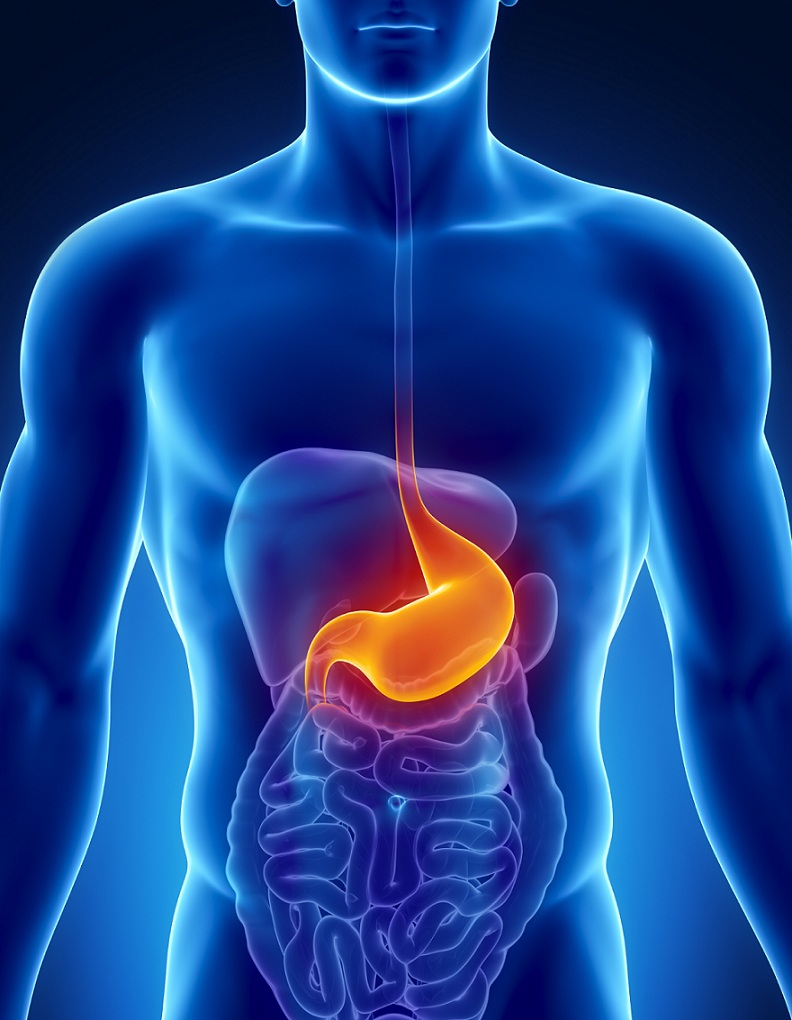
Many patients suffering from gastroesophageal reflux disease (GERD), better known as acid reflux, try many different treatments and medications before finding one that even comes close to addressing symptoms. And some folks who suffer never truly find relief . . . ever. What they may not realize, however, is that by completely eliminating one simple thing from their diets, they may be able to treat reflux permanently.
Down with Dairy
We may think we know what foods cause acid reflux just by looking at them: things like pasta, pizza, anchovies, spices, barbeque chicken, and buffalo wings. Your mind might immediately turn to anything “hot and spicy” or pretty much anything with marinara sauce. But it turns out dairy may actually be the number one culprit. That’s because acid reflux is usually triggered by saturated fats, and dairy foods contain plenty of them. That’s not all, however. In fact, many causes of acid reflux can be traced back to dairy.
Heavy Meals: When you have a heavy meal, your stomach needs to work harder to produce enough acid for proper digestion. If these large meals contain any dairy whatsoever, such as the cheddar and milk found in your mom’s famous uber-rich macaroni and cheese, it can cause an overproduction of acid that leads to acid reflux.
Weakened Esophagus: Another common cause of acid reflux is a relaxed or weakened lower esophageal muscle. This muscle’s purpose is to open up and allow food to pass through, and close up before any acid can seep through and begin building up. Foods that are high in saturated fat (such as dairy products) weaken the muscle and make it less effective over time, preventing it from closing as tightly.
Late Night Symptoms: Some patients suffer from late-night acid reflux symptoms, and many of these individuals (mistakenly) drink a glass of milk to soothe their pain so they can go back to sleep. While it may temporarily relieve the symptoms, the milk will actually make things worse after a short while because it will spur even more acid production. Couple this with the fact that you are now laying down, and you can see why milk should be avoided at night. Patients suffering from acid reflux would benefit from avoiding all foods at least two hours before bed.
Lactose Sensitivity: It might also be that many of us are lactose intolerant, or simply sensitive to lactose, and may not even know it. In fact 90 percent of Asians and 75 of African-Americans and Mexican-Americans are all sensitive to dairy products. All in all, about 50 million Americans are allergic to dairy, and many don’t even know it. If your medications don’t seem to be working out and proving an effective treatment for your acid reflux, try leaving dairy products out of your diet for a week or so . . . the results may be surprising.
Cited Sources
Shaw, Jerry. “Dairy Food and Acid Reflux.” Livestrong.com. N.p., 4 Apr. 2011. Web. 2 Aug. 2012. https://www.livestrong.com/article/414758-dairy-food-acid-reflux/.
Bittman, Mark. “Got Milk? You Don’t Need It.” NYTimes.com. The New York Times, 7 July 2012. Web. 2 Aug. 2012. https://opinionator.blogs.nytimes.com/2012/07/07/got-milk-you-dont-need-it/?src=me&ref=general.
#InsidersHealth

A new study suggests that a widely used sugar substitute found in diet sodas, chewing gum, and low-sugar yogurt may elevate insulin levels. This could increase the long-term risk of heart disease. “Artificial sweeteners have infiltrated nearly all types of food, making it crucial to understand their long-term health effects,” said Yihai Cao, senior author […]

Diet Coke has long been a fan-favorite among soda lovers who want a fizzy, guilt-free alternative to traditional soft drinks. While its zero-calorie, zero-sugar label makes it seem like a healthier option, the reality is far more concerning. Despite its undeniable popularity, Diet Coke’s nutritional profile has raised red flags among health experts for years. […]

New study shows that embracing an anti-inflammatory, plant-forward diet can support cognitive function and help reduce the risk of dementia. What You Eat Shapes Your Brain The food you eat doesn’t just impact your body—it also affects your brain. Research suggests that eating an anti-inflammatory, plant-based diet can help improve memory, focus, and overall brain […]